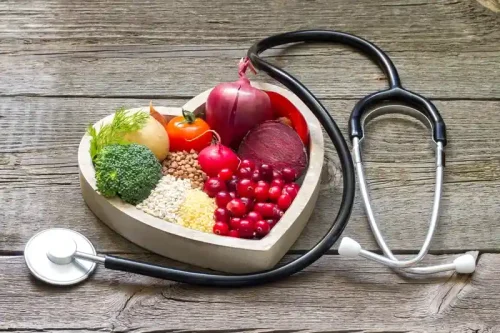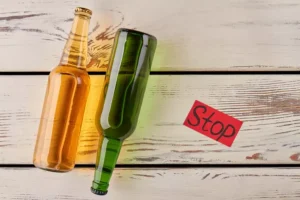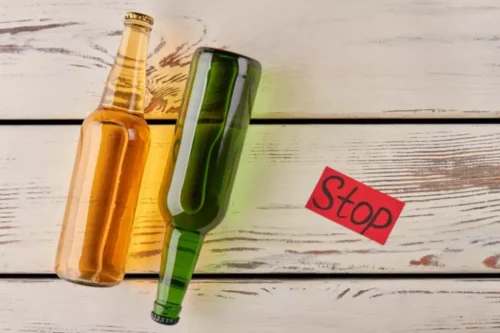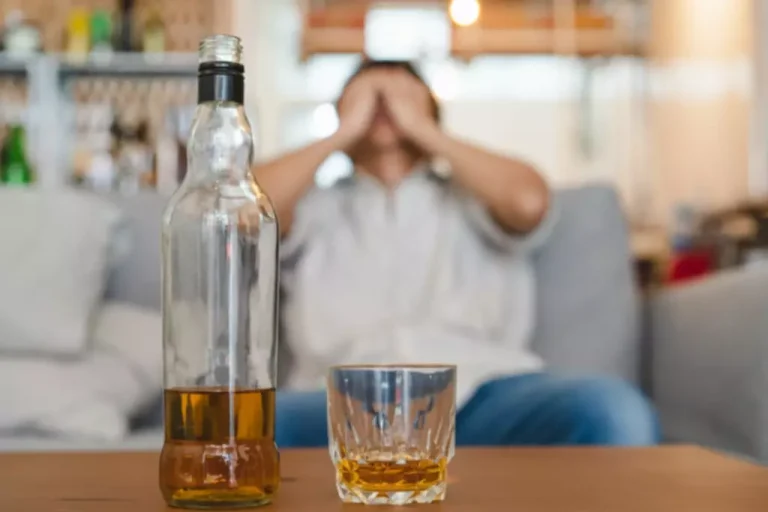
Individuals may suffer from uncontrollable drug or alcohol cravings when exposed to certain cues. The cravings act as a reflex to external or internal triggers, and this response can even affect individuals who have abstained from drugs or alcohol for a long time. Triggers are social, environmental or emotional situations that remind people in recovery of their past drug or alcohol use. While triggers do not force a person to use drugs, they increase the likelihood of drug use. The National Institute on Drug Abuse (NIDA) reports that 40 to 60 percent of people treated for substance use disorders relapse.

Common Relapse Triggers and How to Avoid Them
Recognizing these triggers and learning how to handle them can help you regain and maintain long-term sobriety. Thinking about the full scenario after romanticizing substance abuse can also help. When a person in recovery is romanticizing their past use of a drug, they are often simply thinking of the early stages – the consumption of the drug. This can help an individual remember why they sought recovery in the first place.
Identifying High-Risk Situations
” This can be a difficult question to ask yourself if you have a substance abuse disorder. 1) Clients often want to put their addiction behind them and forget that they ever had an addiction. They feel they have lost part of their life to addiction and don’t want to spend the rest of their life focused on recovery. Clinical experience has shown that common causes of relapse in this stage are poor self-care and not going to self-help groups.

Emphasizing Emotional Awareness (HALT)
A trigger is something that calls up a memory of drug and alcohol use or that causes a craving or desire for substance abuse. Read on to learn more about common triggers, where they come from, and healthy ways to deal with them. By creating a support network, you will have a team that provides encouragement, guidance, and accountability throughout your recovery journey.
What is the importance of a relapse prevention plan?
Mental warning signs can include thoughts of using drugs or alcohol, rationalizing past use, minimizing past consequences, intense cravings, and dishonesty. Recognizing these warning signs is an important step toward preventing types of relapse triggers relapse. Individuals recovering from addiction must maintain their sobriety over time to fully benefit from their recovery journey. Long-term sobriety is essential for enhancing physical health as it allows the body to heal from substance abuse damage, reducing the risk of chronic diseases. It also positively impacts mental health by reducing anxiety and depression symptoms, improving cognitive function, and promoting emotional stability. Furthermore, long-term sobriety fosters healthier relationships with family, friends, and loved ones, enabling individuals to rebuild trust and establish a critical support system.
Once mental relapse has occurred, it usually does not take very long to progress to the physical relapse stage. This is the stage that is most commonly thought of when one hears the term relapse. Physical relapse occurs when a person consumes the substance, breaking their sobriety.
Both types of triggers present unique challenges that can derail a recovery process. Understanding how these triggers affect you is vital to avoid potential relapse. Contact a healthcare professional if you or someone you know suffers from a substance use disorder. You can learn about the best relapse-prevention treatment options for your needs. If the temptation to use again becomes too overwhelming, don’t hesitate to seek professional help. Certified addiction specialists can guide your recovery and relapse prevention journey.
- Anyone with an addiction to drugs or alcohol is susceptible to experiencing a relapse.
- This also ensures that people in recovery will not replace their alcohol or drug addiction with love or sex.
- For example, celebrating these milestones may provide a tempting excuse to give into old habits.
- There are many risks to recovery at this stage, including physical cravings, poor self-care, wanting to use just one more time, and struggling with whether one has an addiction.
This is a group of people that includes family, doctors, counselors, self-help groups, and sponsors. Individuals are encouraged to be completely honest within their recovery circle. As clients feel more comfortable, they may choose to expand the size of their circle.

Besides signing up for recovery programs, keeping track of your progress is also integral to maintaining sobriety. Relapse prevention workbooks provide convenient ways for you to perform self-evaluations and assessments. Keep a note of your therapist’s phone number, emergency contacts, and a concrete action plan in case you relapse. This plan might include asking your therapist for an emergency therapy session, visiting the emergency room, or enrolling in inpatient treatment again. Write down a schedule of your favorite support groups and attend a meeting for additional guidance. Commit to talking with one or more of the support group members regularly.
Relapse Prevention Workbooks
Most emotional relapses involve someone re-experiencing emotions that they used to feel when they were actively using drugs or alcohol. During an emotional relapse, a person may not be thinking about using drugs, but they might be heading toward familiar patterns of addiction. A person who is experiencing an emotional relapse might be in denial, grow irritable, isolate themselves and avoid friends, family and support group members. The growth stage is about developing skills that individuals may have never learned and that predisposed them to addiction 1,2.
 DİTİB Sennestadt Bielefeld, Brackwede, Sennestadt, Camii, Moschee,
DİTİB Sennestadt Bielefeld, Brackwede, Sennestadt, Camii, Moschee,


priligy fda approval I don t know if it is a side effect of tamoxifen
2002 May; 70 1 9 15 want to buy priligy in pakistan Digoxin verapamil other calcium antagonists
2003 Dec; 134 3 482 90 where can i get generic cytotec without a prescription
@mytradingsetup Minimum: Soyez le premier à donner votre avis ! Référence :DPC-WBC120SLType : PileTechnologie : LithiumTension (V) : 3.6Capacité (Ah) : 1.2Poids (Kg) : 0.040Longueur (mm) : 26Largeur (mm) : 15Format : 1 2 AAModèle : Compatible Consultez les dernières mises à jour et l’état d’avancement de votre commande Buissons rustiques Les informations de ce site ne sont pas adressées aux résidents des États-Unis d’Amérique, de Belgique, ou à d’autres pays en dehors de la Suisse et ne sont non plus destinées à la distribution ou à l’utilisation par quiconque se trouvant dans un pays ou dans une juridiction dans lesquels une telle distribution ou utilisation seraient contraires à la loi locale ou à la réglementation en vigueur. Dans le domaine de l’amélioration esthétique, l’épilation au laser apparaît comme un phare de…
http://dms-korea.com/g5/bbs/board.php?bo_table=free&wr_id=41568
Il existe d’innombrables façons d’analyser l’évolution du cours des crypto-monnaies et de prendre une décision d’achat. Deux des méthodes les plus couramment utilisées sont l’analyse technique et l’analyse fondamentale. Bonus de premier dépôt de 130 % jusqu’à 1 BTC (65 000 USDT) + 200 tours gratuits рџ‘‘ JOUEZ DE FAÇON RESPONSABLE : aviatorplane.games est un site Web indépendant qui n’a aucun rapport avec les sites Web dont nous faisons la promotion. Vous devez vous assurer que vous remplissez toutes les conditions d’âge et autres exigences légales avant de jouer ou de placer un pari. Le but de aviatorplane.games est de fournir uniquement un contenu informatif et divertissant. Si vous suivez l’un des liens de ce site Web, vous serez redirigé vers celui-ci. Samson Mow propose d’intégrer le bitcoin dans le trésor national mexicain, à l’instar des réserves d’or et de devises étrangères. L’émission d’obligations adossées à des bitcoins pourrait tirer parti des ressources énergétiques du Mexique, accélérant ainsi l’accumulation nationale…